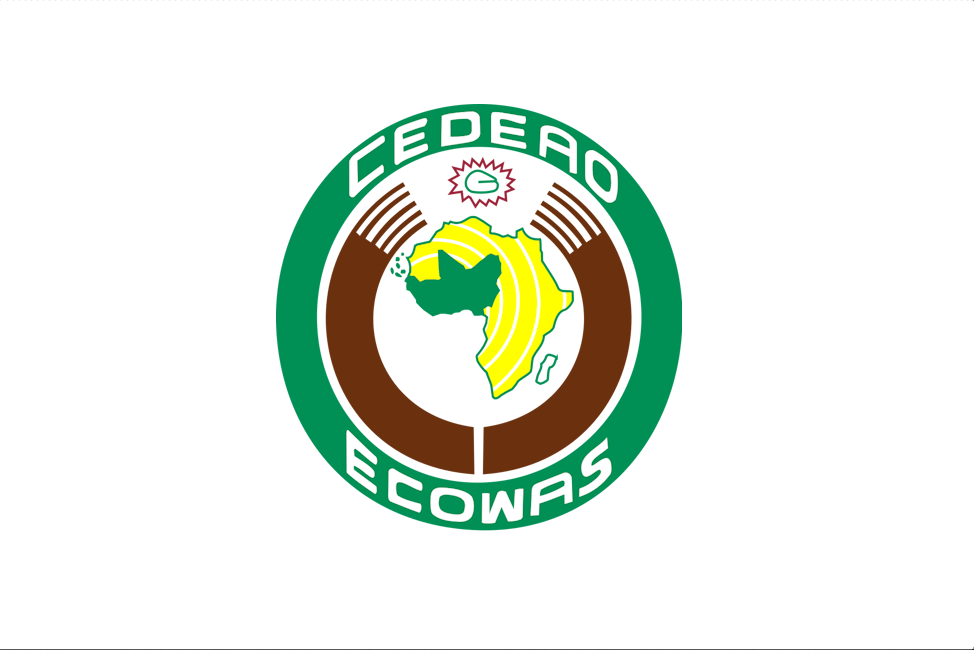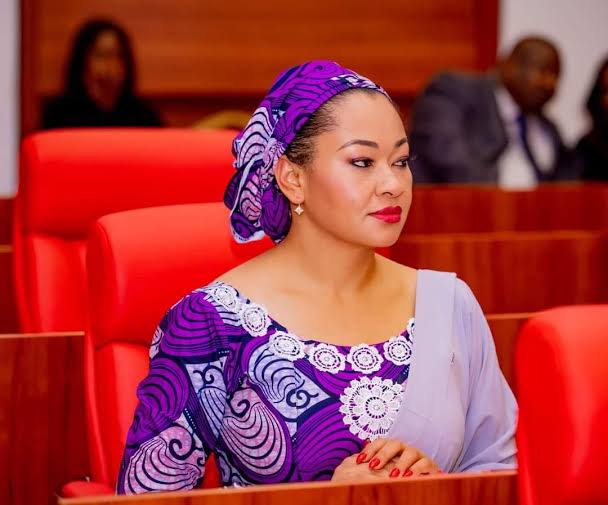With the media serving as the unbiased watchdog on governance transparency, accountability, social justice and human concerns, the Guild of Online Media Editors and Publishers (G.O.M.E.P) Nigeria, a body of over 75 online media editors and publishers in Nigeria has officially released its much anticipated 2024 Governance Accountability And Transparency Index (G.A.T.I), a project that has been developed to become an annual report that focuses on the accountability and transparency perception index of each of the 36 state governments in Nigeria, with Lagos, Kwara, Ekiti, Anambra, Enugu, Benue, Akwa Ibom, Borno, Delta and Osun States, on Category A, topping this year’s leading in the report, on equal Average Index Points.
According to the G.O.M.E.P, the body behind the project, Governance Accountability and Transparency Index was conceived to deepen good governance by beaming more searchlight on the activities of all the state governments in Nigeria, through the assessment of Seven Key Measurable Indices including the following:
1. Public Access to Information and Open Data Initiatives:
– Implementation of Freedom of Information (FOI) laws
– Government websites and online portals
-Government data portals
– Data formats and accessibility
2. Budget Transparency and Participatory Budgeting:
– Access to budget documents
– Clarity and accessibility of budget documents
– Details of budget expenditures
– Citizen engagement in budgeting processes
– Public hearings and consultations
3. Audit and Oversight:
– Independence of audit institutions
– Effectiveness of parliamentary oversight
4. Anti-Corruption Efforts:
– Effectiveness of Whistleblower protection laws
5. Government Responsiveness:
– Timeliness of government responses to citizen inquiries
– Citizen satisfaction surveys
6. Procurement Transparency:
– Publicly available procurement information
– Tender processes and contract awards.
7. Media Freedom:
– Press freedom
– Journalists’ safety and protection
At a media parley to unveil the 2024 G.A.T.I Report in Abuja, the nation’s capital, on November 26, 2024, the National President of G.O.M.E.P, Dr. Dozie Nwankodu, who is also the Publisher of The Review Online/Daily Standard News, in his presentation, revealed that the group strictly adhered to Five globally acceptable methodologies in measuring the indices, including:
1. Surveys: Conduction of surveys among citizens, businesses, and government officials.
2. Document Review: Analyses of publicly available government documents, laws, and policies.
3. Expert Assessments: Consultations with experts, academics, and the civil society organisations.
4. Data Analysis: Deployment of statistical models to analyse data from various sources.
5. Index Aggregation: Combination of indices using weighted averages and methods.
Talking about the scores per state, Mr. Nwankodu stated that each of the Seven Indices was scored in consideration of the merit of performance of the States per Index.
“According to our laid down calibration methodology, Points were awarded per Index, and on the basis of merit of performance of each of the States. Then the Average Index Point or final index mark per state was determined by simply adding the scores obtained from each of the Seven Indices and dividing the total by the 7, the total number of the indices.
” As you can see from the Chart, scores between 85% and 100% are in Category A, and rated Exceptional Performance(EP); 65% to 84% are in Category B, and adjudged Strong Performance (SP); 45% to 64% are in Category C, and rated Average Performance (AP); 25% to 44%, are in Category D, and rated Poor Performance (PP); and 0% to 24% are in Category E, and rated None Performance (NP)”, Nwankodu concluded.
Speaking on the maiden edition of the project and the commitment of the Appraisal Committee, the Publisher of Aljaziral News, and the Chairman of this year’s Appraisal Committee of the G.A.T.I, who also serves as the National Secretary of GOMEP, Comrade Akpovoke Treasure Otiti, stated that the processes were very rigorous and stringent, such that international best practices were adhered to.
“The Guild Of Online Media Editors And Publishers (G.O.M.E.P) Nigeria is a body with over 75 reputable and experienced media executives, maximizing the digital platform for news reportage, while also living up to its reputation as the watchdog on governments.
“As the Chairman of this year’s Appraisal Committee, I can rightly tell you that the project was well thought through before all our members endorsed it.
“My team of 36 experienced personalities cutting across the media, academics, and the civil society applied the highest standards of data analyses and reviews to come about the rating of each of the 36 States.
“Because GOMEP is nationalistic, we followed a very meticulous approach that combined both quantitative and qualitative data collation, surveys, interviews, and analyses of publicly available information across the states.
“First, Primary Data were gathered by our dedicated field agents across the states, and this was within 90 Days, with 350 data per state, at 50 per Index for the 7 Indices, totalling 12,600.
“The comprehensive 12,600 data was compiled by the Information and Data Desk of GOMEP, and forwarded to the 36-Man Appraisal Committee, which I chaired. It was there that keen reviews were carried out before submitting our Final Report to the general house for adoption”, Akpovoke concluded.
Buttressing further, the Deputy National President of G.O.M.E.P, and the Publisher of the Insight Link News, Mr. Jare Ismahil Tiamiyu stated that Governance Accountability and Transparency Index takes much interest in governance models and approaches by the state governors, and how they infused Transparency and Accountability in the implementation of their programmes and projects for the general well-being of their people.
“For there to be good governance, transparency and accountability must form the overall benchmark for responsible and responsive governments. All we did was to look at the performances of each of the 36 states in those contexts, taking cognisant that good governance reflects well when those two Indicators – Transparency And Accountability are infused and implemented by any government institution.
“To show the level of our commitment to the project, the Appraisal Committee evaluated all the 12,600 Primary and Secondary data collated across the states, and deriving 350 data per state at 50 per Index.
“Our records from the Governance Accountability and Transparency Index (G.A.T.I) presented by the Appraisal Committee which all of us at G.O.M.E.P unequivocally affirmed today largely reflected the level of commitment to governance accountability and transparency of each of the states in Nigeria”, Mr. Tiamiyu ended.
Equally speaking, the Publisher of Satcom Media, Mr. Oluwatoyin Luqman Bolakale, who was also the Secretary of the Appraisal Committee, and the Northern Deputy President of the G.O.M.E.P, stated that the exercise witnessed some hurdles due security challenges in several states, but for the drive and commitments of the field agents of GOMEP who managed to get the credible data from those States, in order to give Report the highest degree of reliability on the performances of each states.
He noted that the exercise would stay as a yearly event that Nigerians, foreigners and development partners should be expecting, as it is designed to precipitate healthy competition for growth and development within states in Nigeria.
According to Mr. Bolakale, each of the top 10 State Governors would be presented with a Certificate of Merit by the G.O.M.E.P.
Ending the Press Briefing, Comrade Dominic Edet Edem, the National Organising Secretary of the group, and the Publisher of Naija News House, called for greater adoption of transparency and accountability in public governance and promised that the group would in due course, beam searchlight on the Federal Ministries and the National Assembly.
The Press Briefing was well attended by members of G.O.M.E.P and the civil society organisations.
Advertisement





